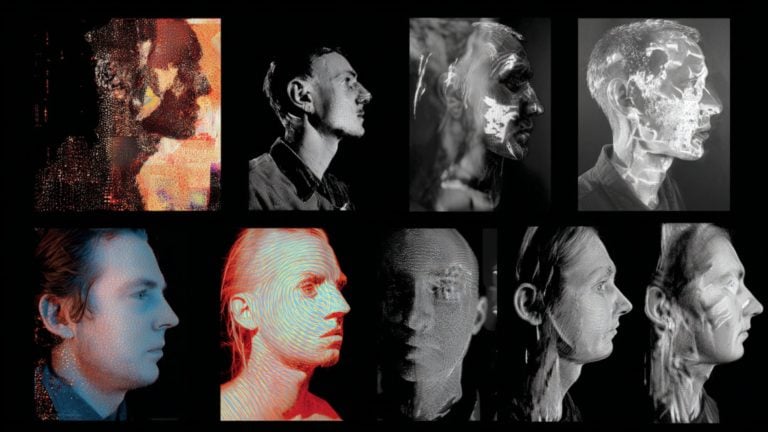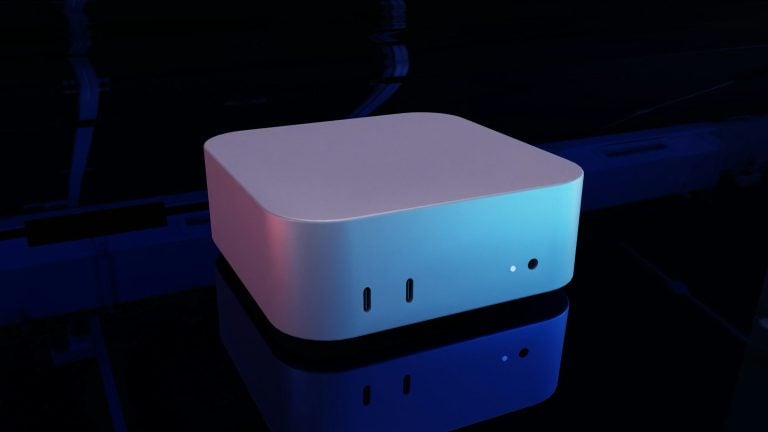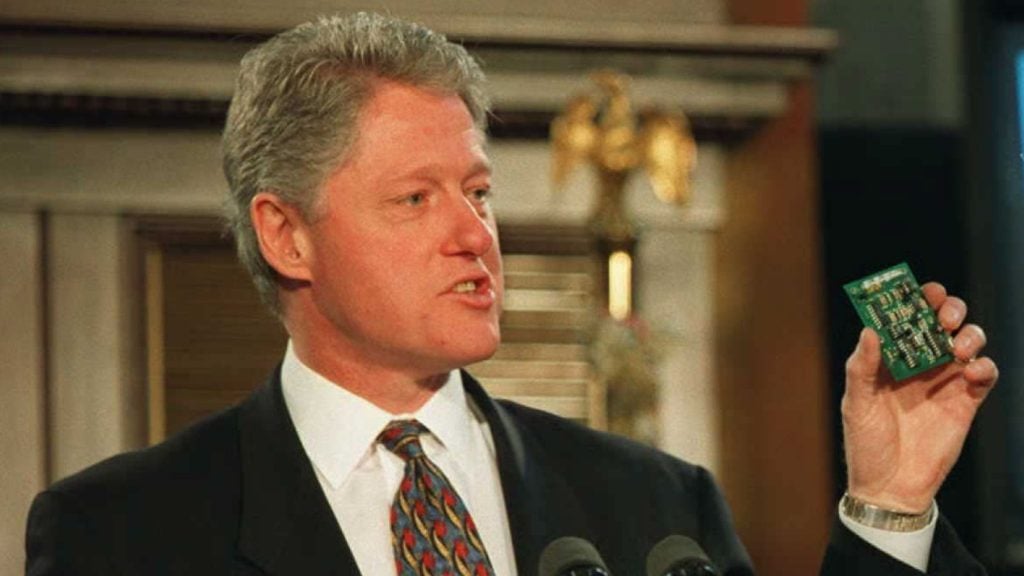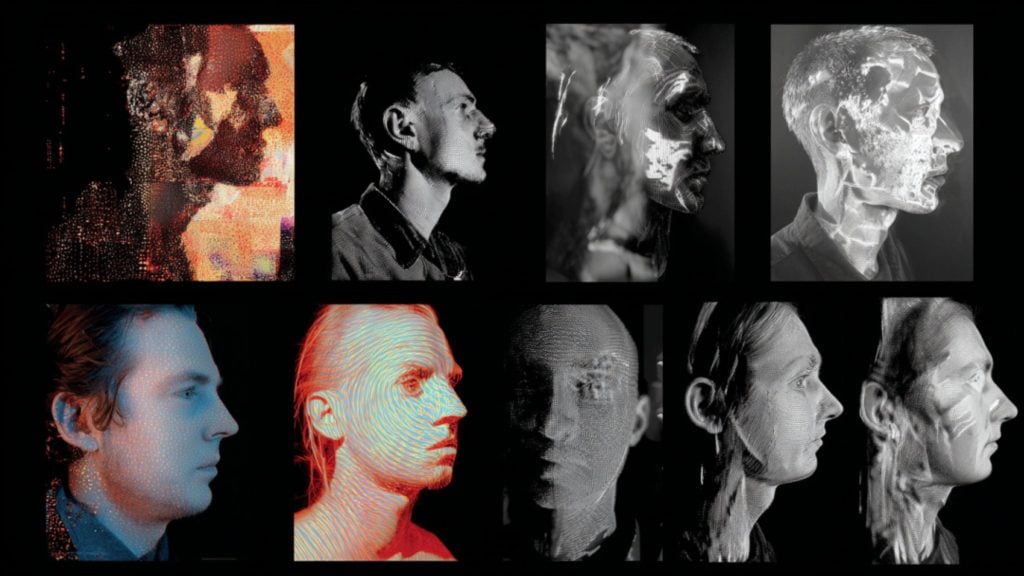The clandestine Foreign Intelligence Surveillance Court (FISC), created under the Foreign Intelligence Service Act, determines the individuals that federal agencies can surveil. This week, the US Supreme Court refused to hear a case seeking to have the FISC explain the justifications for providing federal agencies with enormous amounts of people’s data.
The ACLU filed a case arguing that the First Amendment gave Americans the right to know the legal justifications for the bulk data collection by federal agencies. Lower courts ruled against the rights group, and the group brought the case to the Supreme Court after the High Court refused to review the rulings by the lower courts.
Seven out of the nine members of the Supreme Court’s bench refused to review the case.
The seven who refused to review the case did not explain their decision.
The two dissenting justices, Sonia Sotomayor and Neil Gorsuch did not understand why the court declined to review a case that has “profound implications for American’s privacy and their rights to speak and associate freely.”
The two dissenting justices noted that the court’s decision meant no court had the authority to question the bulk collection of data by government agencies.
They wrote: “The government does not merely argue that the lower court rulings should be left undisturbed because they are correct. The government also presses the extraordinary claim that this Court is powerless to review the lower court decisions even if they are mistaken.
“On the government’s view, literally no court in this country has the power to decide whether citizens possess a First Amendment right of access to the work of our national security courts.”
In a statement after the Supreme Court’s ruling, the ACLU said: “By turning away this case, the Supreme Court has failed to bring badly needed transparency to the surveillance court and to rulings that impact millions of Americans. Secret court decisions are corrosive in a democracy, especially when they so often hand the government the power to peer into our digital lives.”
The Freedom Act of 2015, passed after former NSA analyst Edward Snowden shed light on the government’s questionable collection of data, requires the FISC to release data on its decisions. But the ACLU noted that any oversight of the FISC is secretive and is exclusively performed by the executive arm of the government instead of the judiciary.
Additionally, the FISC approves most of the requests for data. Its 2020 annual report shows that it only denied 13 out of the 979 requests.










